Table of Contents
‘Invest in a good delivery management system for your business!’ says nearly every expert in the logistics industry. Nearly 25% of the world’s population shops online.
What does this mean for eCommerce businesses or any retail business in general? Simply put, they need to work on improving the delivery experience of their customers and transform the last-mile delivery part of their business.
While free delivery is the number one reason why a lot of people like to shop online, about 25% of the online shoppers are willing to pay a delivery fee if they can get their hands on products the same day.
While a scattergun approach to any business is a disadvantage, having diverse delivery options is only going to make things better for your business. If your target market expects agile delivery and is ready to pay a premium for it, then it is time to move on from freight prices alone and invest in a comprehensive delivery management system for retail and all other internet-based business to optimize your delivery processes.
Modern-day delivery services to customers are not just about delivering products from point A to point B, it is also focused on delivering an engaging customer experience. A delivery management system for B2B businesses not only automates several business processes, but also increases the visibility of delivery staff, maintains transparency in order deliveries, and fosters effective communication among all parties involved.
How Does a Delivery Management System Help Your Retail Business?
Productivity and Efficiency are two major factors that set you apart from the competition. When you deploy an efficient delivery management system into your business, you can achieve both aforementioned factors with ease.
Higher customer satisfaction and several tangible benefits associated with the platform implementation greatly improve your delivery business. Here are a few ways in which it improves your business:
- Increase is daily pickups and deliveries
- Improved turnaround time
- On-time delivery every time
- Reduction in fuel and delivery costs
- Real-time tracking and push notifications
- Error free address lists
- Quick notifications about delivery rescheduling
- Sustainable business due to lower technical errors
- Economical onboarding costs
When you combine logistics with technology, you experience a string of benefits, and to top it all off, you get increased customer loyalty. So, what should you look for when choosing a delivery management system for your logistics business? It is time to find out the must-have features in the line below.
Top Factors to Consider When Choosing a Delivery Management System For Your Retail Business
#1 Diverse Carrier Portfolio:
Delivery business owners usually have access to multiple carriers to take care of different delivery needs. Since there are different requirements for B2B and B2C orders, relying on just a single carrier can be a matter of concern.
Your delivery management system for a multi-vendor marketplace should be able to manage multiple carriers efficiently and give you detailed information about freight rates, volume discounts, and speed of delivery for each order.
Remember, every carrier will have some strengths and weaknesses and you will need to run through small details like handling of fragile packages and more from the listed carriers in your system.
#2 Smart Order to Delivery Management:
Smart is not just a word when it comes to on-demand delivery. With the rapid growth in the eCommerce sector, you can no longer rely on completing all tasks manually. Your delivery management system should do the team coordination and automate your everyday delivery scheduling.
A delivery management system should be an asset for your teams and interface seamlessly with the pickup and delivery schedules, generating the perfect last-mile delivery experience.
It is key to have AI-powered route optimization and navigation capabilities to assign the task to concerned resources. It also helps your delivery team by automatically rescheduling deliveries and providing optimized routes while maintaining end-to-end visibility for both administrators and customers.
#3 Adaptive & Mobile First Design:
Nobody expected eCommerce to rise like a dragon once the pandemic struck and this should be evidence enough to conclude that businesses can change rapidly overnight. Your delivery management system should also be versatile enough to change when needed.
Why? Because even delivery scenarios change on the fly and so should your tools. It should be flexible enough to incorporate any new functionalities to boost efficiency and adapt the delivery management system to your business needs.
Additionally, it should work well on mobile devices as the majority of the customers are ordering, tracking, and reviewing stuff from their smartphones. A delivery management system for retail businesses should have a smooth mobile interface and offer access to all data with ease. The key forms of data include:
- Order details
- Preferred delivery time slots
- Customer information
- Delivery instructions
- Payment information
- Order tracking
Remember, customer sentiment towards a brand is based on the experience of order delivery. Your delivery management system should bridge all gaps in communication and deliver an excellent experience to the customer every time.
#4 Real-Time Updates and Analytics:
Talking about communication, we cannot deny that GPS-enabled smartphones make the tracking process much easier and pretty much the norm. Customers wish to stay engaged about their package’s ongoing status.
Your delivery management system should enable push notifications to customers about any and every update related to their order. In addition to tracking information, it should also offer the delivery person’s contact information to handle any queries regarding delivery location.
Apart from helping the delivery teams on the road, real-time tracking helps the business in the following ways:
- Tracking fleet movement
- Reviewing the routes taken
- Pick-up and delivery time analysis
- Offer transparency in the delivery process
- Identify any deficiencies in the delivery runs
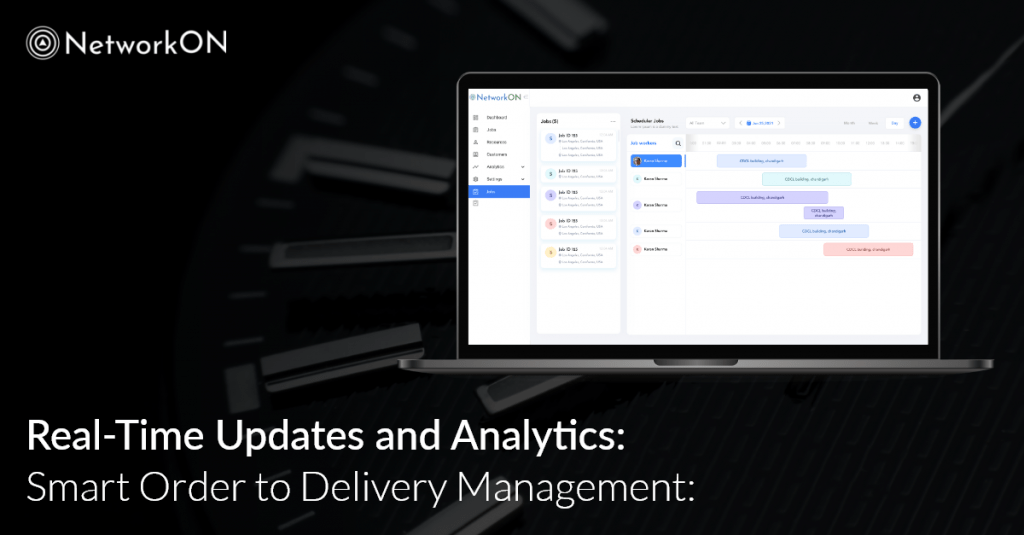
With all the critical information at hand, you can then use it to measure the performance of your teams and improve your company’s performance.
Data has power and you can leverage it to get insights about both the customers and delivery fleets. Data can help in establishing the most optimized routes for the resources in the field. Moreover, you will be able to identify the potential bottleneck and make informed decisions before the situation gets out of control.
Where Do We Go From Here?
Want another tip? Here you go!
Your delivery management system should be able to help you with reverse logistics. While returns are often considered expensive, they can help businesses grow a deal and logistics companies can leverage it to create an additional revenue stream.
There it is. The top 4 features you must have in your delivery management system in order to become an industry leader.
Your chosen platform should accurately benchmark and measure KPIs to create high-performing delivery operations. Here is a list of KPIs that you need to monitor daily:
- Efficiency of planned routes
- Delays in delivery dispatch and scheduling
- 3PL performance metrics management
- Assigning ETAs for every order
- Productivity of delivery fleets
Optimize your on-demand delivery business with NetworkON today!. Create intuitive apps for customers, dispatchers, administrators, and delivery fleets using AI-powered algorithms from NetworkON.
It is always free to start and is a go-to solution for delivering a delightful experience to your customers every time.
To know more about getting started, get in touch with our experts over a consultation. You can also email us at info@networkon.io or visit our website for more information.
Frequently Asked Questions:
Q1: Why do I need a delivery management system for my retail business?
A delivery management system is crucial for improving the last-mile delivery experience, meeting customer expectations, and optimizing delivery processes. It enhances productivity, efficiency, and customer satisfaction while offering tangible benefits like increased daily pickups, on-time deliveries, and reduced costs.
Q2: What are the key benefits of implementing a delivery management system in my business?
Implementing a delivery management system brings several benefits, including increased daily pickups and deliveries, improved turnaround time, on-time delivery, reduced fuel and delivery costs, real-time tracking, error-free address lists, and sustainable business operations with lower technical errors.
Q3: Why is a diverse carrier portfolio important for a delivery management system?
A diverse carrier portfolio is crucial for managing various delivery needs, especially for multi-vendor marketplaces dealing with B2B and B2C orders. It provides detailed information about freight rates, volume discounts, and delivery speed for each carrier, allowing businesses to choose the most suitable option for different scenarios.
Q4: What role does technology play in on-demand delivery, and why is it essential for a delivery management system?
Technology is essential for on-demand delivery, enabling automation, team coordination, and seamless scheduling. A delivery management system like NetworkON with AI-powered route optimization, navigation capabilities, and a mobile-first design enhances efficiency, adapts to changing business needs, and ensures an engaging last-mile delivery experience for customers.
Q5: How do real-time tracking and analytics contribute to the success of a delivery business?
Real-time tracking provides customers with updates on their orders and enhances transparency in the delivery process. Additionally, analytics based on GPS-enabled smartphones help businesses track fleet movement, review routes, analyze pick-up and delivery times, and identify deficiencies. This data-driven approach empowers businesses to improve performance and customer satisfaction.
Q6: Why is reverse logistics important, and how can a delivery management system assist in handling returns?
Reverse logistics, including returns, can benefit business growth. A robust delivery management system should be able to handle reverse logistics efficiently. This helps manage returns and creates an additional revenue stream for logistics companies, contributing to overall business success.
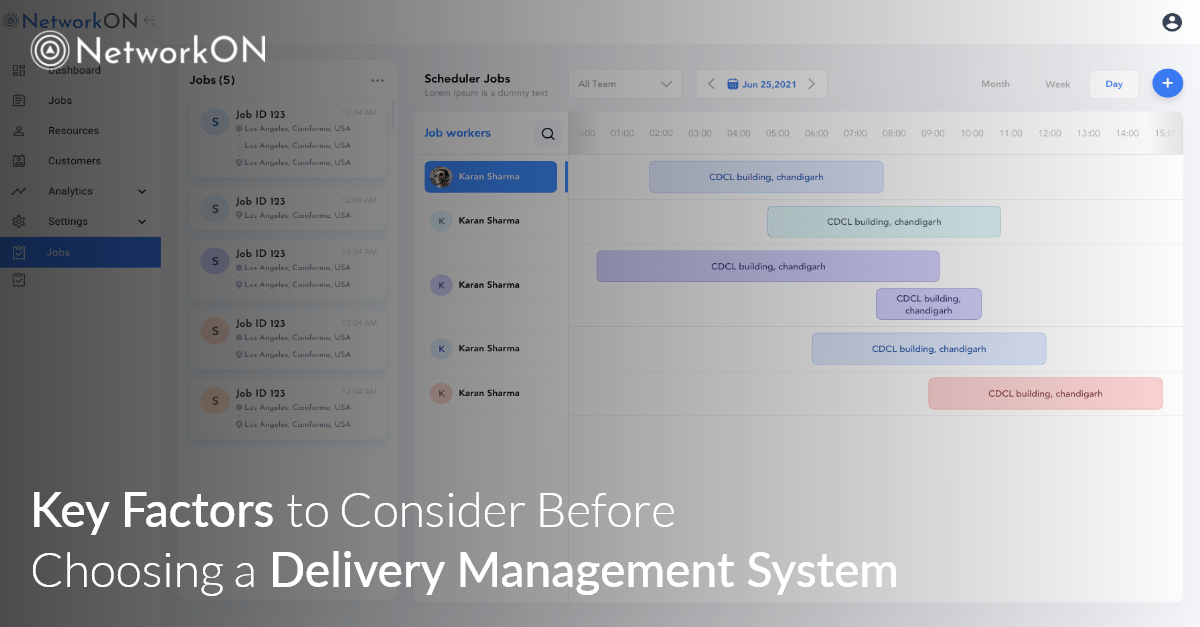

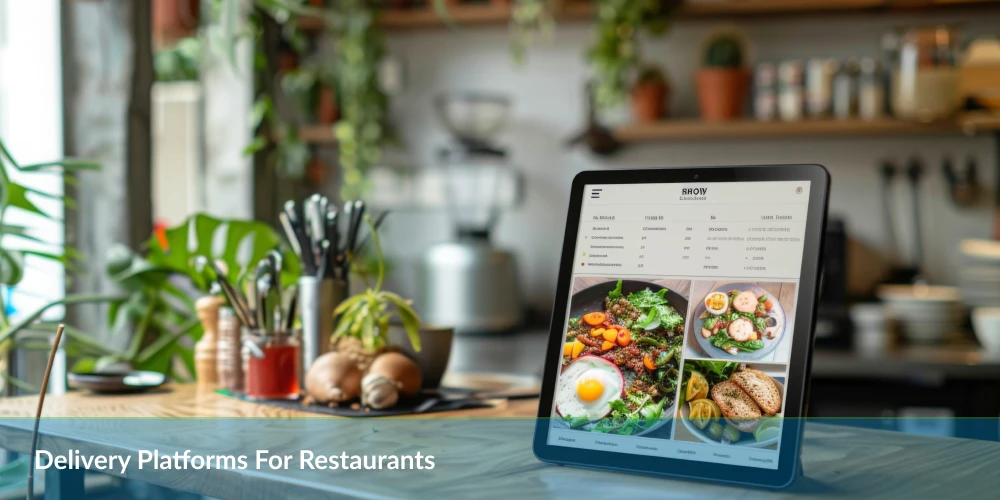
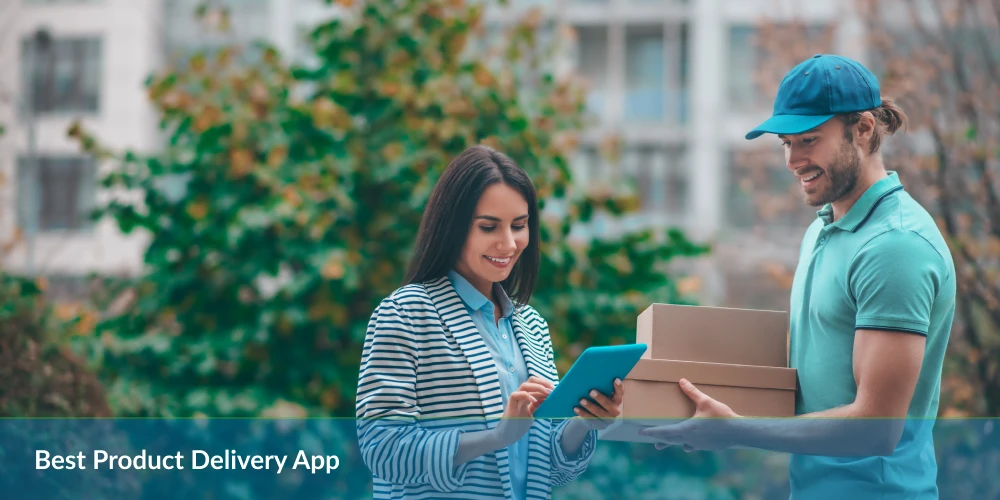
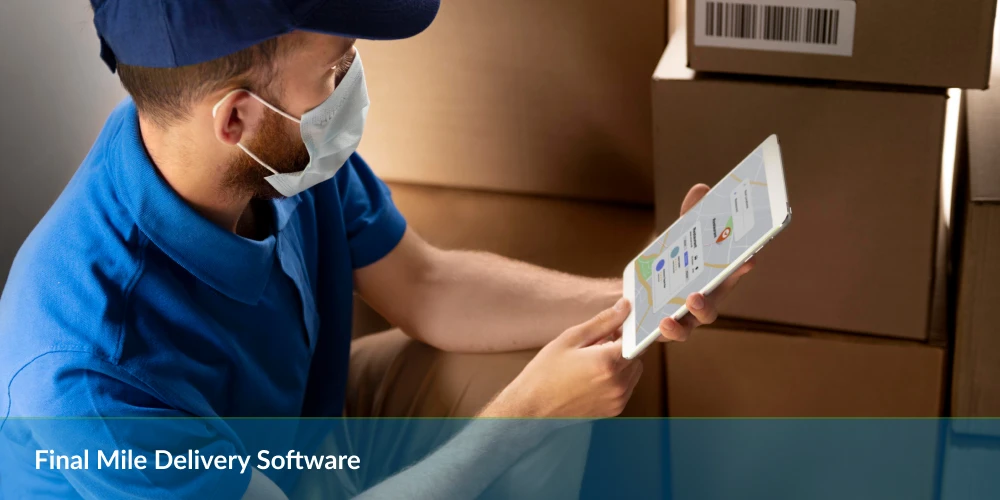
Delcie Casteel
It's amazing designed for me to have a web site, which is helpful in support of my knowledge. thanks admin|